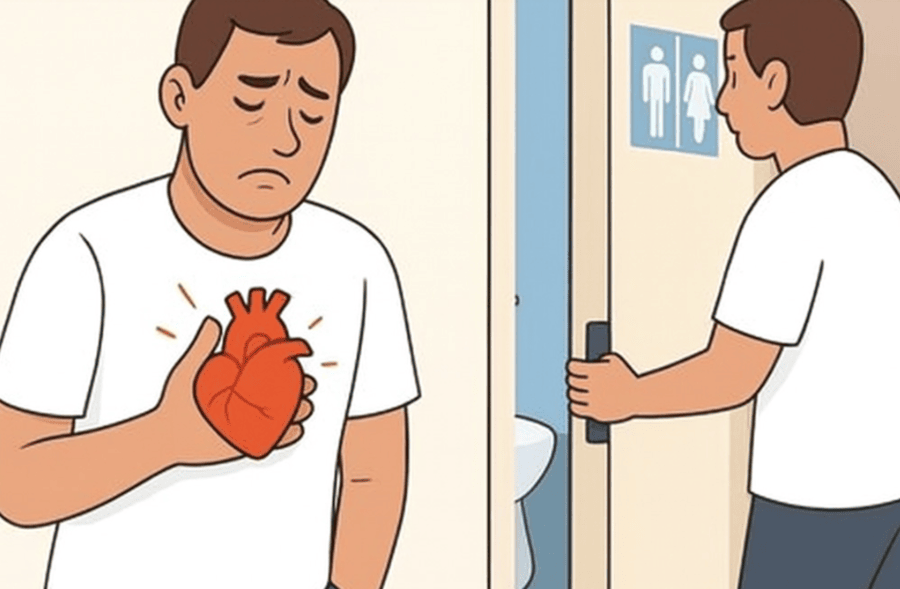People describe the act of urinating in many ways—whether it’s passing water, relieving the bladder, or taking a leak. Urinating multiple times daily is often perfectly normal, yet it’s natural to question what constitutes excessive frequency.
A consultant urologist has shared that age significantly influences how often you should expect to visit the bathroom. Factors like consuming tea, coffee, alcohol, or carbonated beverages can increase urination frequency, but aging remains the primary determinant of expected toilet trips.
Speaking with Metro, Hamid Abboudi, a consultant urologist at New Victoria Hospital, noted: “Throughout a person’s life, their bathroom habits are likely to evolve several times.”
Here’s what Abboudi outlines as the healthy range of urination frequency at various life stages.
For young children, the frequency tends to be higher.
“Young children may urinate between 8 and 14 times daily, which reduces to 6–12 times as they grow older,” he explained.
Frequent urination beyond this range could stem from factors like anxiety, constipation, caffeine intake, allergies, or a smaller bladder capacity.
Teenagers typically urinate between four and six times per day.
During puberty, hormonal shifts may lead to more frequent bathroom visits. Abboudi emphasized that this is usually “nothing to be concerned about and often resolves naturally.” However, persistent frequent urination might indicate an infection, diabetes, excessive caffeine consumption, or, in rare instances, a more serious condition.
Adults under 60 generally urinate between six and nine times daily, with Abboudi noting that one nighttime trip is also common. He added: “Women tend to urinate more often than men,” referencing a study showing women average 5.6 times daily compared to 4.8 times for men.
Pregnancy can increase frequency due to the baby pressing on the uterus, and urinary tract infections are another common cause of additional trips.
After age 60, urination patterns often shift again.
Abboudi explains that older adults may urinate up to ten times daily. Declining kidney function, weakened bladder muscles, and medications like diuretics can all contribute to this increase.
The NHS also highlights that nocturia—needing to urinate multiple times at night—becomes more prevalent with age. For men, an enlarging prostate can further press on the bladder, leading to more frequent urination.
Individual differences are important to consider, but certain symptoms warrant attention. Abboudi recommends seeking medical advice if you notice blood in your urine, a sudden shift in your typical urination pattern, or if you’re waking up more than once nightly to urinate. He also advised that smokers should be particularly vigilant about changes, as they face an elevated risk of bladder cancer.
While no universal number applies to everyone, understanding the typical urination range for your age can help you identify when something may be amiss.




